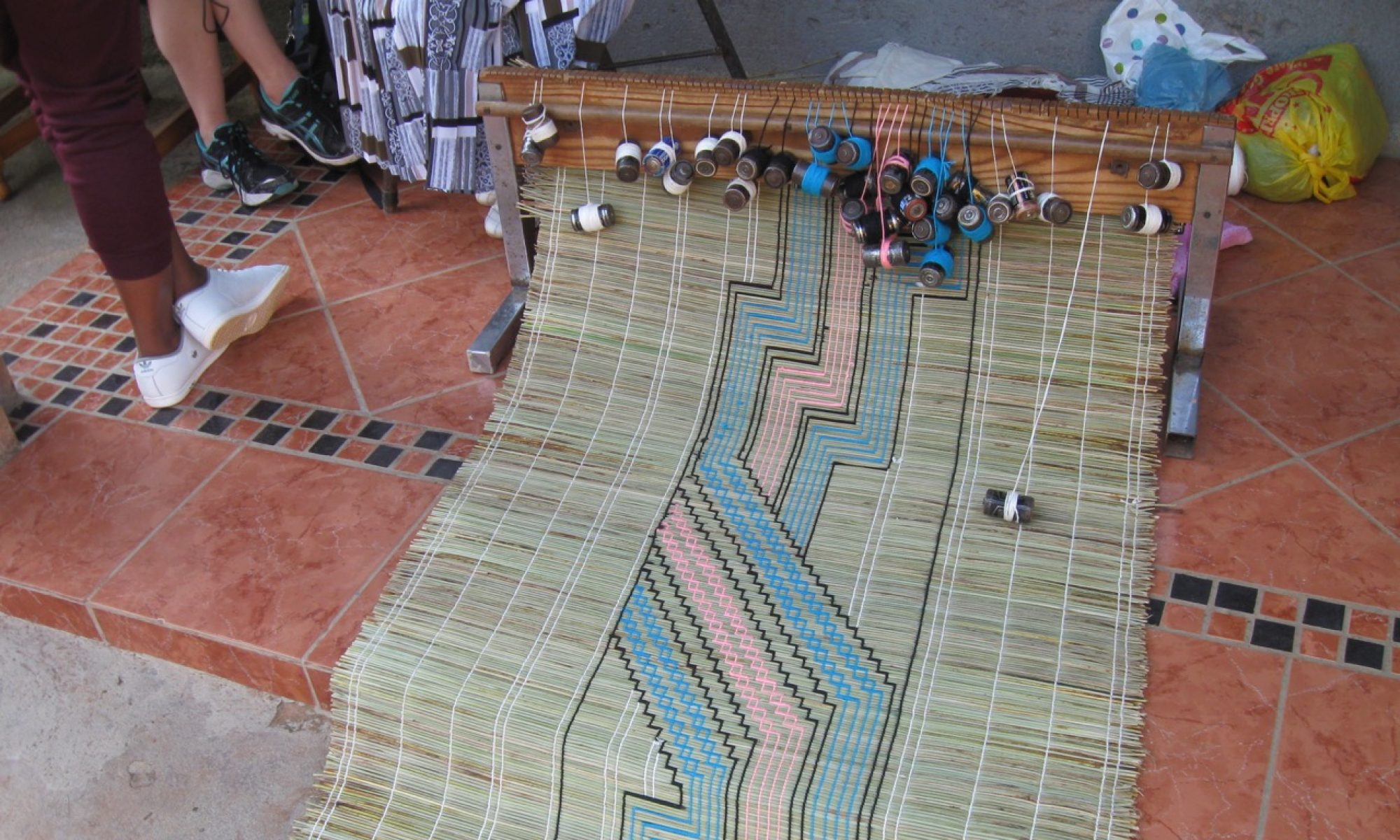Below is a non-exhaustive collection of links to linguistics and fieldwork tools I’ve found useful. This list will be updated sporadically.
General
Methodologies in Semantic Fieldwork – a 2015 volume edited by M. Ryan Bochnak and Lisa Matthewson. A great collection of useful and insightful papers on state-of-the-art methodologies for collecting semantic information on a variety of topics. I’ve found most of the chapters directly relevant to my work.
Elicitation
Typological tools for field linguistics – very nice collection of a variety of questionnaires, stimulus kits, and other useful materials, hosted by the Max Planck Institute for Evolutionary Anthropology.
L&C Field Manuals and Stimulus Materials – another great compendium of useful field materials, this one by the Language and Cognition Department, Max Planck Institute for Psycholinguistics.
Totem Field Storyboards – I love this tool for collecting free-discourse-like but highly comparable data on particular constructions and phenomena. Fun for speakers and linguists alike, and frequently more effective and interesting than direct elicitation (which I also believe in and employ).
Transcription
oTranscribe – a simple online tool for doing basic time-aligned transcriptions of texts. For me, the main advantage to this tool is that it is easy to use and requires almost no training, and it has been helpful for collaborating on transcriptions with language consultants. Interoperability with more sophisticated tools (e.g. ELAN, Praat) is basic but could probably be improved with some simple scripts.
Analysis
Dative – GUI interface for the OLD (Online Linguistic Database). Takes some setup, and some programming skills seem to be necessary to exploit its full functionality, but even the basic functions are outstanding for management of linguistic data, collaboration, and use by field methods classes. While FLEx is brilliant for creating dictionaries and working with grammars and texts, Dative is useful for investigating particular phenomena. Major plusses: allows for marking things like grammaticality judgments; (generally) great search functionality.
LaTeX
I wrote my dissertation using the elegant typesetting tool LaTeX, and – aside from a few minor last-minute failure-to-compile panics – am very glad I did. I’ve written down a few thoughts on the costs and benefits of writing a dissertation in LaTeX. There are many good resources for linguists who want to start working in LaTeX, or who want to improve their skills or solve specific problems.
LaTeX for Linguists has some materials from a beginner’s course taught (in English) by Antonio Machicao y Priemer of Humboldt-Universität zu Berlin, including an excellent manual (in German).
The (slightly older) LaTeX for Linguists Home Page by Doug Arnold has a great set of topical resources and instructions.
The Linguistic Society of America has a page with some useful LaTeX links. Wikibooks also has some succinct guidance.
While writing my dissertation (and in subsequent work), I made frequent and extensive reference to The Not So Short Introduction to LATEX 2ε by Tobias Oetiker et al. It’s not specific to linguistics, but it’s comprehensive and exceedingly well written. Versions in multiple languages can be found here.
The Comprehensive LaTeX Symbol List by Scott Pakin has virtually any character you might wish to type.
